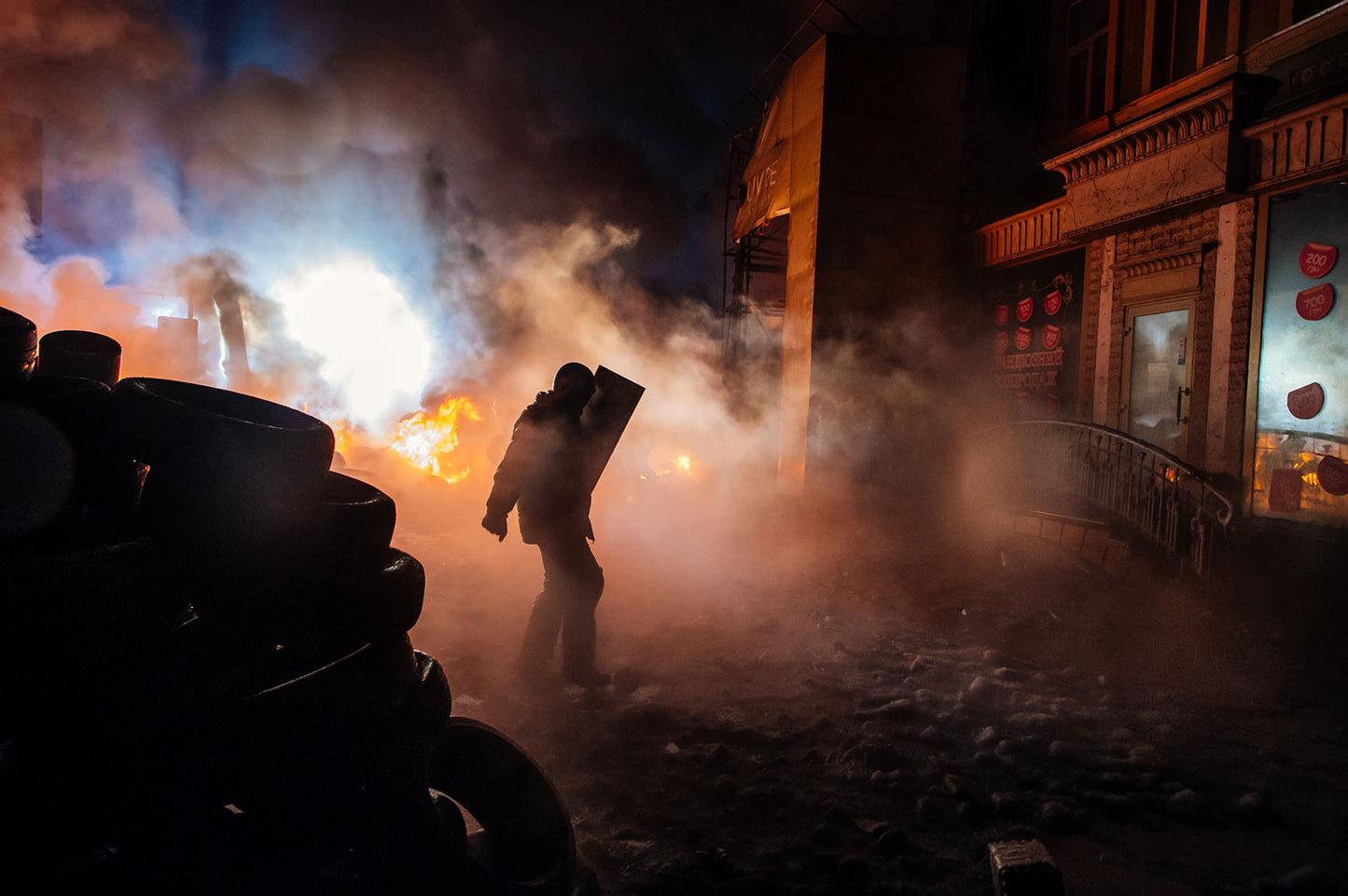
In today’s uncertain world, civil unrest can erupt with little warning, turning peaceful neighborhoods into areas of chaos and danger. Whether due to political tensions, social movements, or economic hardships, civil unrest can pose a serious threat to the safety and well-being of your family. Preparing in advance and knowing how to respond during such events is crucial to keeping your loved ones safe. In this blog post, we’ll explore practical steps you can take to protect your family during civil unrest.
Understanding the Risks of Civil Unrest
Civil unrest can take many forms, from protests and demonstrations to riots, looting, and violent clashes. While the causes may vary, the risks associated with civil unrest are often similar. These events can disrupt essential services, create widespread panic, and lead to dangerous confrontations between civilians and authorities. Understanding these risks and recognizing the signs of potential unrest in your area can help you take proactive measures to safeguard your family.
Common Risks During Civil Unrest:
- Violence and Vandalism: Rioting and looting can lead to property damage, physical harm, and increased crime.
- Disruption of Services: Access to essential services such as healthcare, transportation, and utilities may be limited.
- Supply Chain Interruptions: Stores may close or run out of essential supplies, leading to shortages of food, water, and medicine.
- Mass Gatherings: Large crowds can escalate quickly, becoming volatile and dangerous.
Preparing Your Home for Civil Unrest
Your home is your primary line of defense during civil unrest, so it’s important to make sure it’s as secure as possible. Start by evaluating your home’s vulnerabilities and taking steps to reinforce them. This includes securing doors and windows, installing security systems, and ensuring that you have adequate supplies to sustain your family for an extended period.
Steps to Secure Your Home:
- Strengthen Entry Points: Reinforce doors with heavy-duty locks and consider installing security bars on windows.
- Install a Security System: A reliable security system with cameras, motion detectors, and alarms can help deter intruders and alert you to potential threats.
- Create a Safe Room: Designate a room in your home as a safe area where your family can retreat in case of an emergency. Stock it with essential supplies, including water, food, first aid kits, and communication devices.
- Stock Up on Supplies: Ensure you have enough non-perishable food, water, and medical supplies to last at least two weeks. Don’t forget essentials like flashlights, batteries, and personal hygiene items.
Developing a Family Emergency Plan
Having a clear, well-thought-out emergency plan is crucial during times of civil unrest. Your family should know exactly what to do, where to go, and how to communicate if you’re separated or if the situation escalates. Regularly review and practice your emergency plan so that everyone knows their role and can act quickly if needed.
Key Components of a Family Emergency Plan:
- Communication Strategy: Establish a communication plan that includes how to contact each other and where to meet if separated. Consider using text messages or social media, as phone lines may be overwhelmed during emergencies.
- Evacuation Plan: Identify safe routes out of your neighborhood and have a prearranged meeting place if you need to leave your home. Make sure your vehicle is fueled and ready to go.
- Shelter-in-Place Plan: If leaving your home is not an option, ensure that everyone knows how to shelter in place. This includes sealing windows and doors, staying away from external walls, and knowing when to move to your safe room.
Staying Informed and Aware
During civil unrest, staying informed about what’s happening in your area is essential. Monitor news sources, social media, and local emergency alerts to keep up with developments. Knowing what’s going on can help you make informed decisions and avoid dangerous areas.
Tips for Staying Informed:
- Use Multiple Sources: Rely on a combination of news outlets, social media, and official government alerts to get the most accurate and up-to-date information.
- Stay Connected: Keep in touch with neighbors, friends, and community groups to share information and support each other.
- Monitor Local Conditions: Pay attention to local news and weather reports that might affect your area, such as warnings of impending protests or severe weather.
What to Do During Civil Unrest
If civil unrest breaks out near your home, it’s important to remain calm and take appropriate actions to keep your family safe. Avoid confrontation and steer clear of areas where violence or looting is occurring. Your primary goal should be to protect your family and minimize exposure to danger.
Actions to Take During Civil Unrest:
- Stay Indoors: Unless absolutely necessary, remain inside your home. Lock doors and windows, and keep blinds or curtains closed to avoid drawing attention.
- Avoid Crowds: Do not participate in or approach large gatherings or protests, as they can become dangerous without warning.
- Be Ready to Evacuate: If the situation escalates and your safety is at risk, be prepared to leave your home quickly. Keep your vehicle packed with essentials and know your evacuation routes.
After the Unrest: Assessing and Recovering
Once the immediate danger has passed, it’s important to assess your surroundings and determine if it’s safe to resume normal activities. Check your home for damage, replenish any used supplies, and consider taking additional steps to further enhance your preparedness for future events.
Steps for Post-Unrest Recovery:
- Inspect Your Home: Look for any damage to your property and make necessary repairs. If your home was looted or vandalized, contact the authorities and file a report.
- Restock Supplies: Replenish any food, water, or medical supplies used during the unrest. This is also a good time to evaluate your emergency kit and make any necessary improvements.
- Stay Vigilant: Civil unrest can flare up again, so remain alert and continue to monitor local conditions. Keep your emergency plans and supplies ready for future use.
Civil unrest can be a frightening and unpredictable event, but with careful planning and preparation, you can protect your family and navigate these challenging situations. By securing your home, developing a comprehensive emergency plan, staying informed, and knowing how to respond during unrest, you’ll be better equipped to ensure the safety and well-being of your loved ones. Remember, preparation is key—take action now to be ready for whatever may come.
